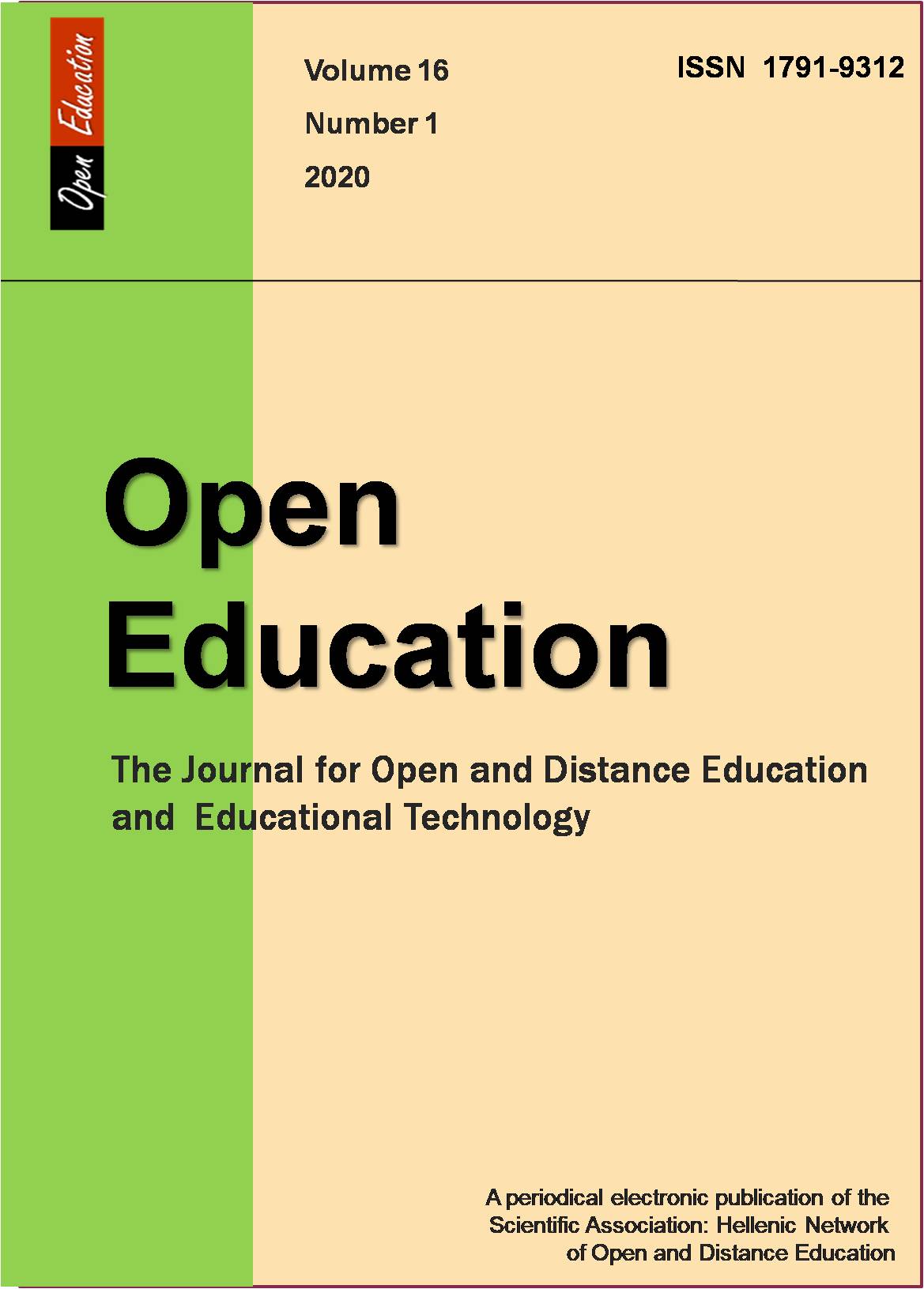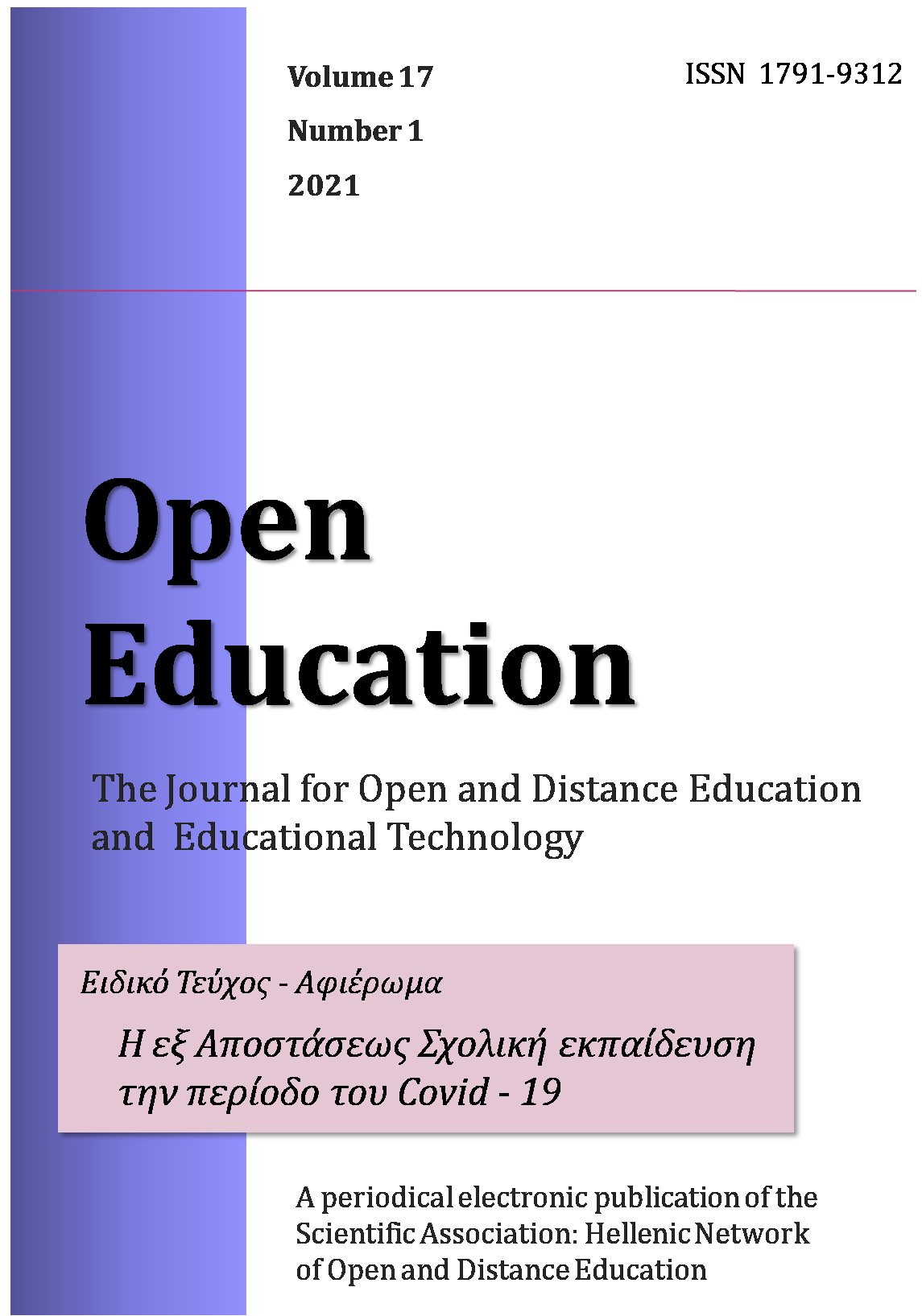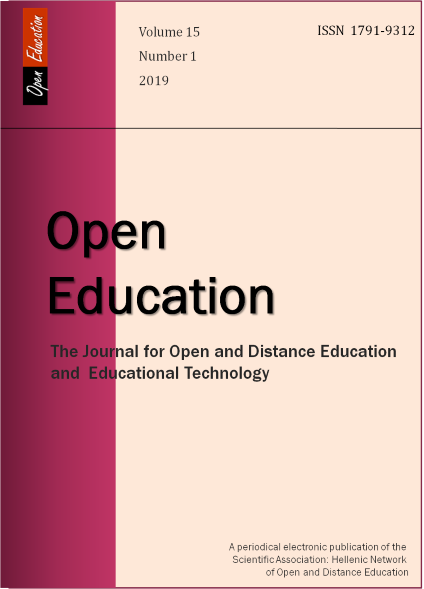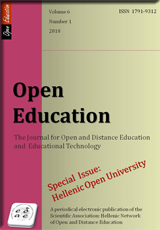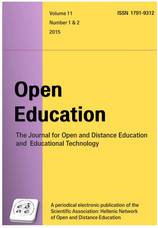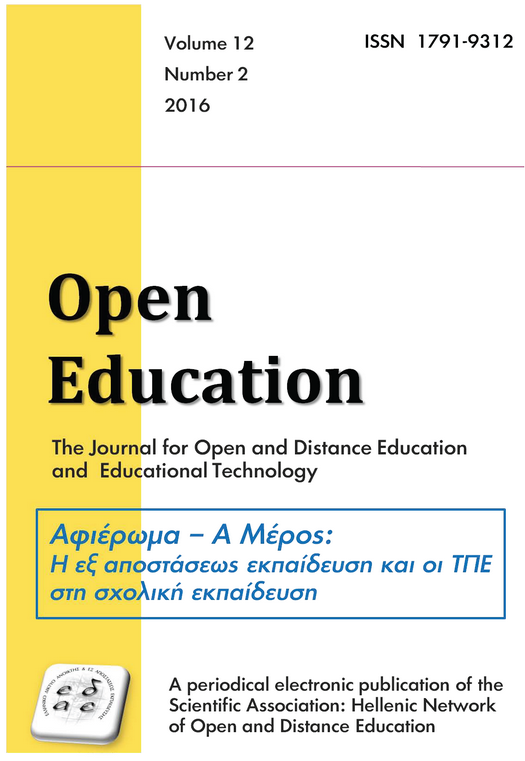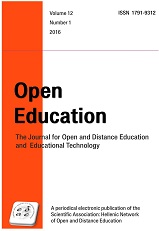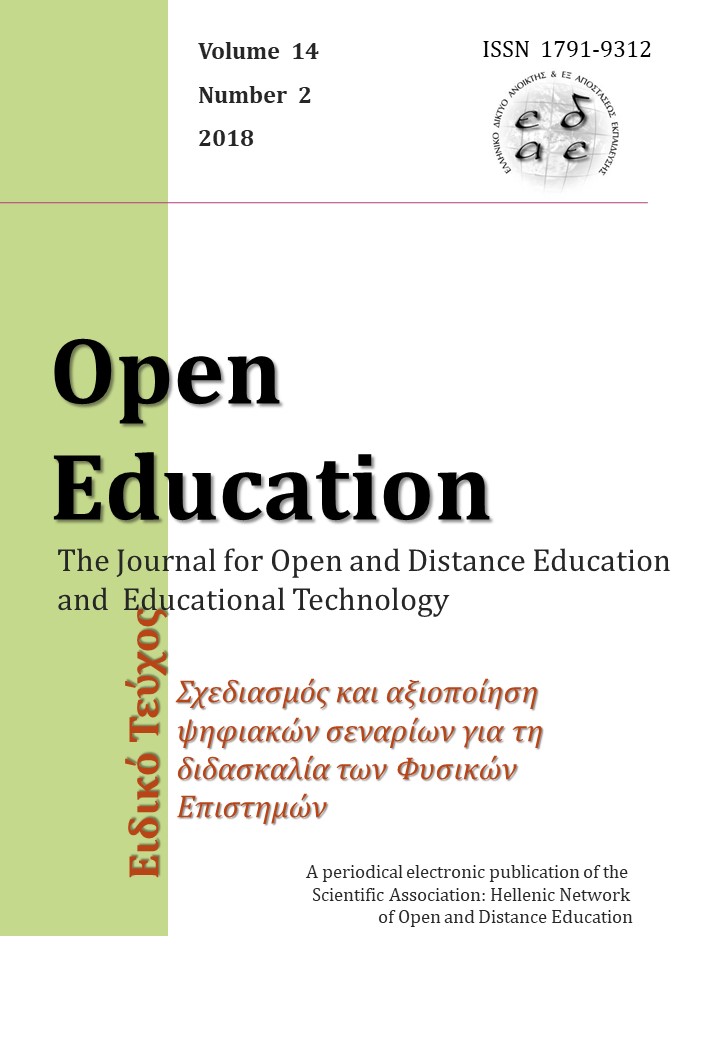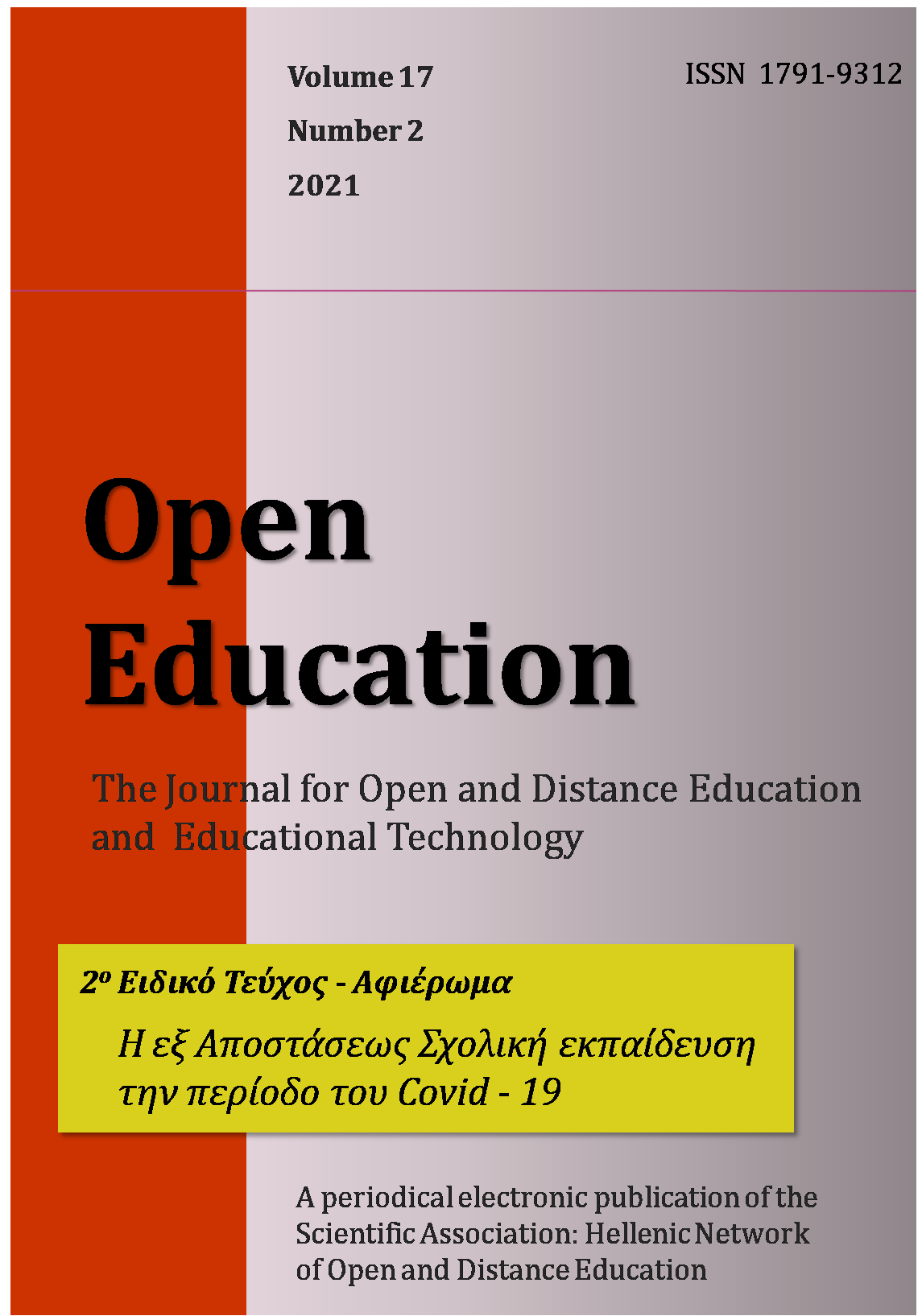Ανοικτή Εκπαίδευση και Πολιτικές για την Ενσωμάτωση των ΤΠΕ στη Σχολική Εκπαίδευση: Μια Συγκριτική Μελέτη
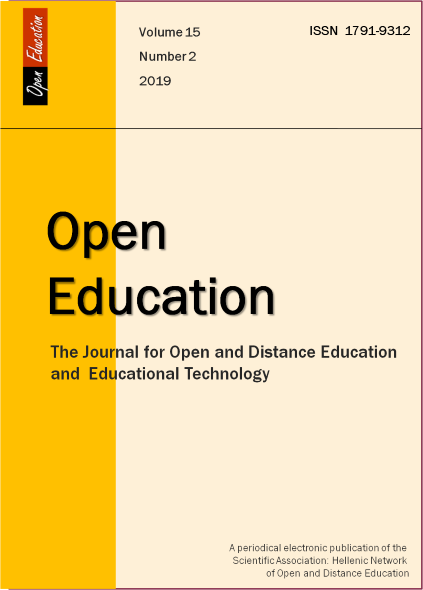
Περίληψη
Το ζήτημα της ενσωμάτωσης των Τεχνολογιών της Πληροφορίας και της Επικοινωνίας (ΤΠΕ) στην εκπαίδευση εξακολουθεί να βρίσκεται στο επίκεντρο του δημοσίου διαλόγου στις περισσότερες χώρες του κόσμου, ακολουθώντας τις ραγδαίες αλλαγές που επιβάλουν τα σύγχρονα ψηφιακά μέσα στο ευρύτερο οικονομικό, κοινωνικό και πολιτισμικό περιβάλλον. Στο χώρο της Ευρωπαϊκής Ένωσης, η ανοικτή εκπαίδευση συνιστά μια ομπρέλα δράσεων και πολιτικών οι οποίες αποσκοπούν στην αντιμετώπιση των υφιστάμενων αδυναμιών που εμποδίζουν τα σχολεία και τα εκπαιδευτικά ιδρύματα να παράσχουν όχι μόνο ψηφιακές δεξιότητες αλλά και υψηλής ποιότητας εκπαίδευση. Η παρούσα μελέτη, εκκινώντας από τις θεωρητικές κατευθύνσεις της Ευρωπαϊκής Ένωσης για το άνοιγμα της εκπαίδευσης, επιχειρεί να προσεγγίσει τις κεντρικές πολιτικές για την ενσωμάτωση των ΤΠΕ στην εκπαίδευση σε χώρες όπως είναι η Ιρλανδία, η Αγγλία, η Ολλανδία, η Γαλλία και η Ελλάδα υπό το πρίσμα των εγκάρσιων και των βασικών διαστάσεων, όπως αυτές αναφέρονται στο θεωρητικό πλαίσιο για την ανοικτή εκπαίδευση. Στα συμπεράσματα της εργασίας εντοπίζονται οι ομοιότητες και οι κοινές τάσεις στον τρόπο που διαμορφώνονται και εξειδικεύονται οι στρατηγικές για την ενσωμάτωση των ΤΠΕ στη σχολική διδασκαλία και τη μάθηση στις προαναφερόμενες χώρες. Επίσης επισημαίνεται η ανάγκη για μια πιο ολοκληρωμένη θεώρηση των εκπαιδευτικών πραγμάτων από τον πολιτικό λόγο υπό το πρίσμα της δυναμική της κοινωνίας -και όχι μόνο της- οικονομίας κατά τη χάραξη των εκπαιδευτικών πολιτικών για την ενσωμάτωση των ΤΠΕ στην εκπαίδευση.
Λεπτομέρειες άρθρου
- Πώς να δημιουργήσετε Αναφορές
-
- Τεύχος
- Τόμ. 15 Αρ. 2 (2019)
- Ενότητα
- Μέρος πρώτο / Section 1



